2 Rules of Pawn Storms: Avoiding Over-Extension
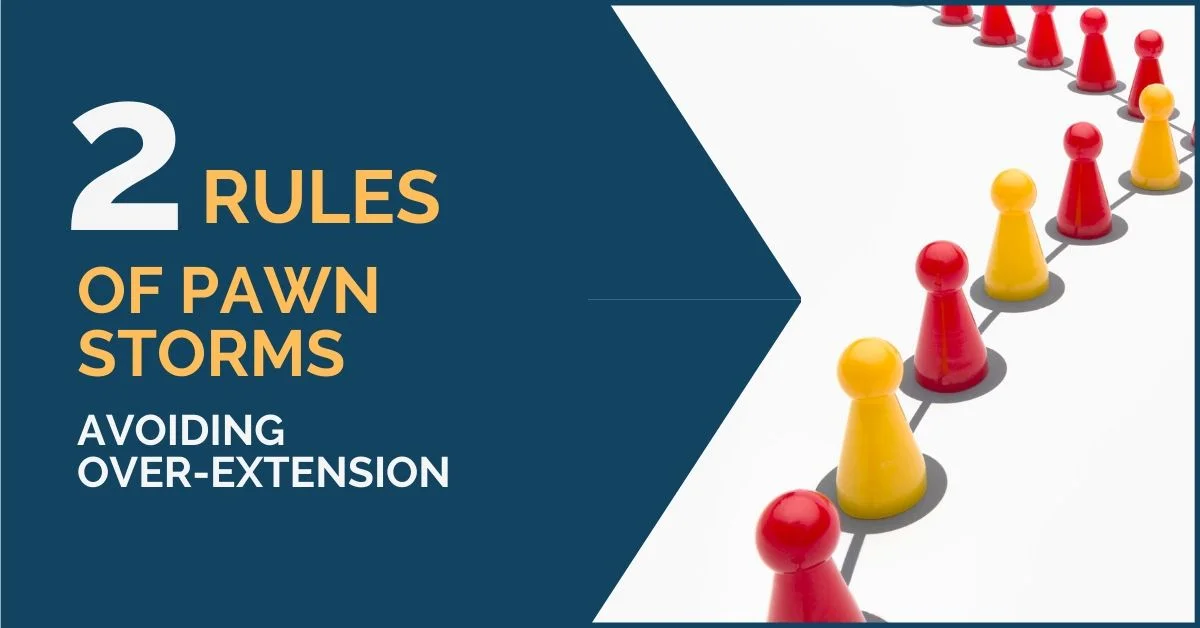
Who doesn’t like a good, successful attack?
It is probably every chess player’s dream – to crush their opponent with a well-conducted attack and crown it with a beautiful sacrifice. There are many players who like to attack and it is something we see often especially at the club level.
Attacks are started in most of the games, whether they work or not. We often see “aggressive” pawn moves that aim to build an attack, but which, for the experienced eye, are moves that create unnecessary weaknesses in the position.
We have often insisted on this idea – attacks must be prepared and pawn moves have to be played with great care, as they usually leave permanent weaknesses behind. In the event of an unprepared or failed attack, they will only give our opponent clear targets of attack.
There is a fine line between space gaining and over-extension and it may not always be obvious that a space-gaining/attacking move might be bad. In fact, many equal or slightly better position can be ruined without making any obvious mistakes. This is the problem with over-extension – the position can suddenly crumble if we are not careful.
Rule #1:
First of all, the far-advanced pawns can themselves become a target of attack in the endgame or after a few exchanges, when the attack starts to fade away.
Rule #2:
Secondly, it is not just the pawn, but also the weak squares they leave behind that the opponent can use in order to find counterplay.
The following game is proof of this:
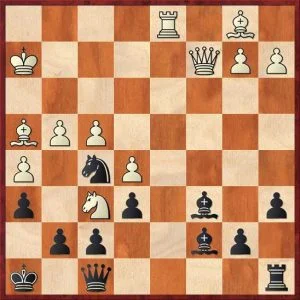
Korneev, O – Rublevsky, S, St Petersburg 1996
Black to play
White’s position is clearly superior, as he has a space advantage and what it seems to be like a devastating attack. With his last move, 29.g4, he put black in an unpleasant situation. One may say that black’s position is hopeless and with correct play white should be winning, but things are not entirely clear.
White’s last move also leaves behind a weak king and Rublevsky immediately seeks his chances for counterplay. He continued with 29…Qb4! The only move that keeps him in the game. Apart from this, white is now forced to find some only moves if he wants to keep his advantage. As the game shows, this is easier said than done and after 30.Bg3 – Bxe5! Black has managed to complicate the position and is forcing white to find some exact defensive moves, for a change.
See all the analysis and how the game evolved below:
Let’s now study the same structure, but in a different context, where the black king is no longer a target on the kingside:
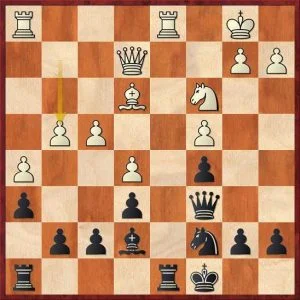
Minasyan, A – Minasian, A, Yerevan 2007
Black to play
Here too, white’s last move was 23.g4, continuing to gain space on the kingside. If allowed, he would like to keep on doing so with a timely f4-f5. This is something that black cannot allow; neither can he allow white to improve his pieces and coordination; he must strike immediately. In the game, he did this by 23…f6! A move aimed at stopping white’s ideas and breaking his powerful pawns, creating thus a weakness that he can attack in the future. With more space, white is still slightly better.
However, the dangers of over-extension lie exactly in this aspect; you are a bit better but can make no visible progress.
Meanwhile, your opponent is patiently waiting for the slightest mistake to get a chance for counterplay. Another problem with positions with apparent space advantage is that the side having it can get overly confident and think that the opponent has no chances for activity. This is exactly what happened in this game; white played too slow and passive, allowing black to realize all his ideas. After that, white was suddenly in trouble.




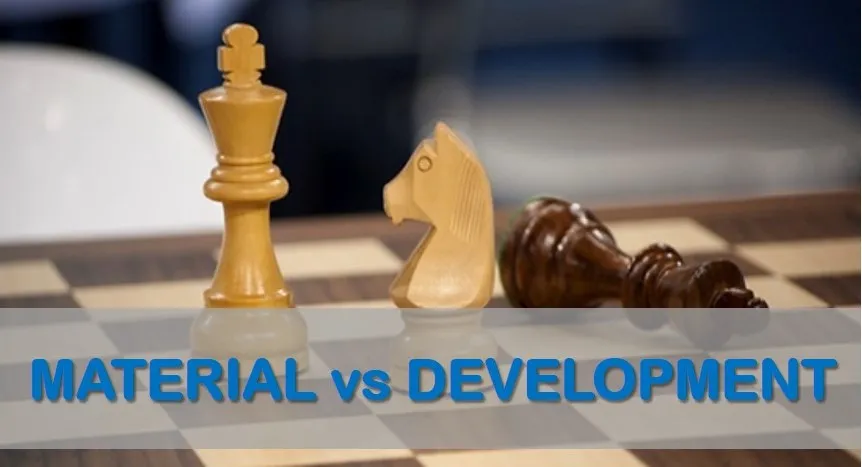
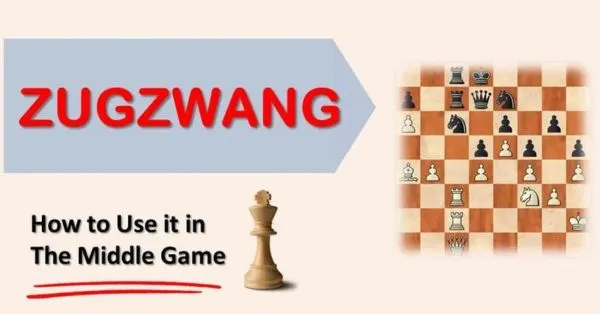




Comments: